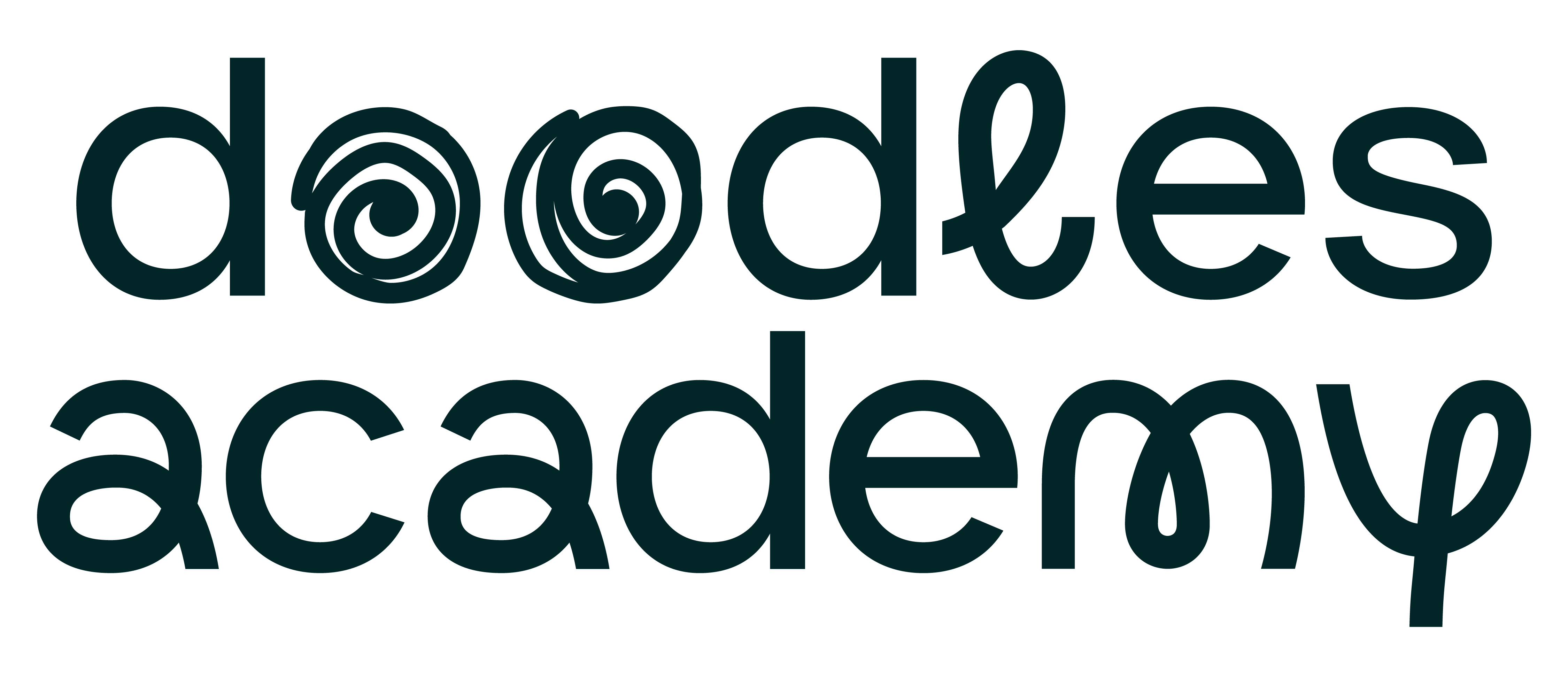Empowering Students through Heroism
The Heroic Imagination Project (HIP) is a nonprofit with the mission to promote heroic action through the combination of psychological research, intervention education, and social activism.
By Zoë Huml, HIP Board Member and HIP Hero Club Founder
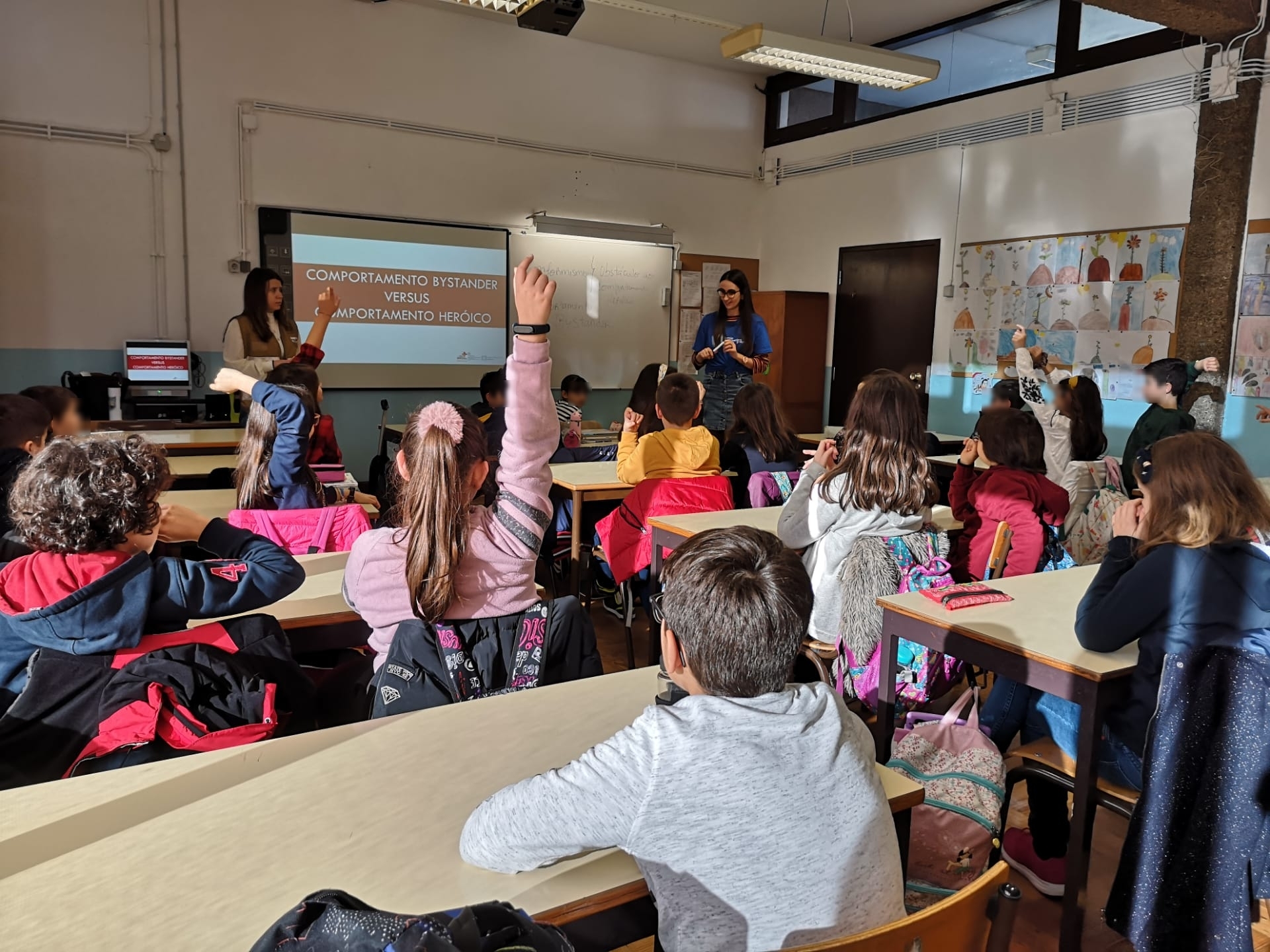
How can we raise young students to recognize the impact of their actions?
How can we empower youth with the confidence to spark positive change?
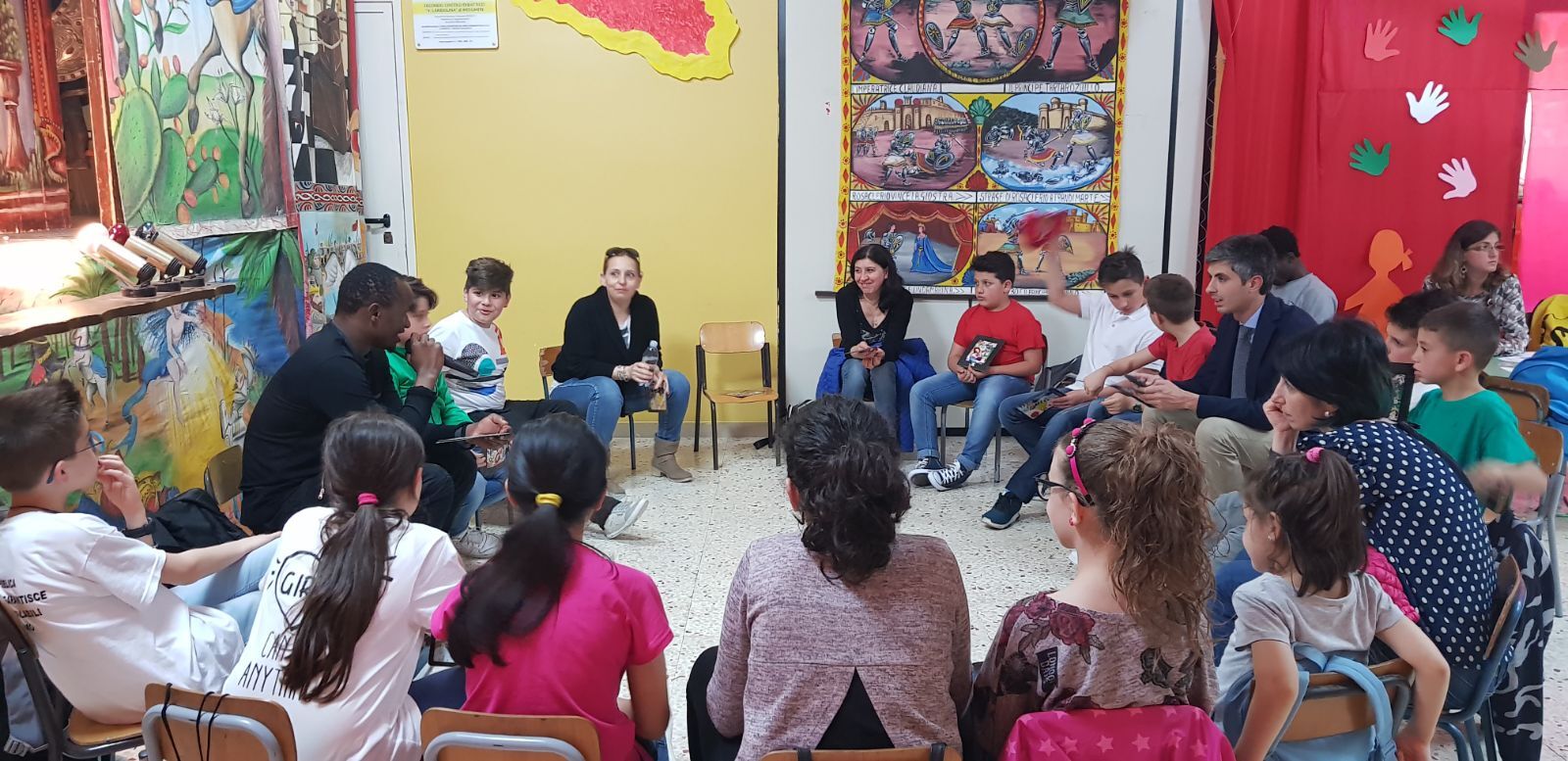
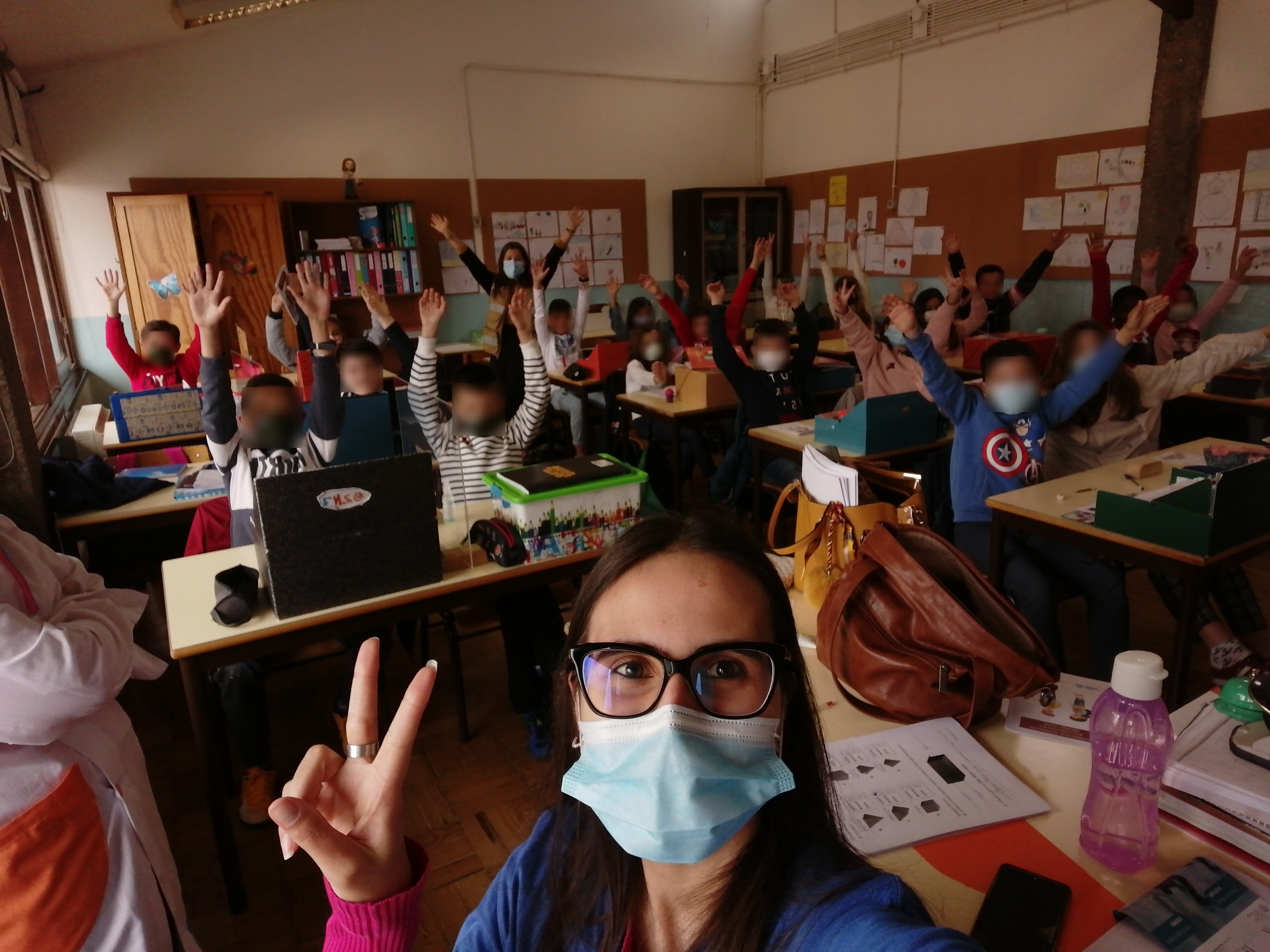
At the Heroic Imagination Project (HIP), we believe that teaching heroism is a powerful answer.
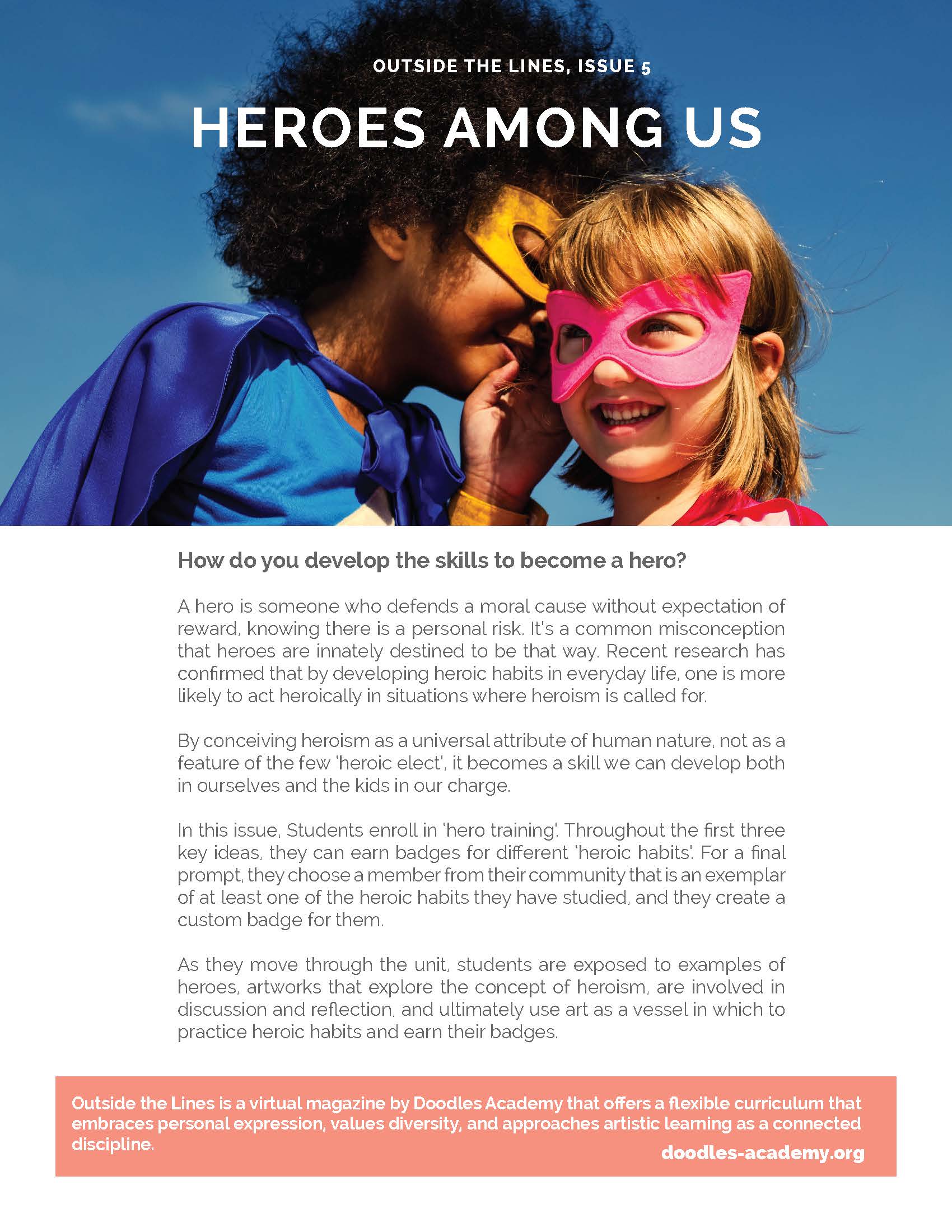
Wonder Woman. Batman. Spiderman. While students often grow up thinking of heroes as characters who wear capes and have superhuman powers, HIP works to broaden the definition of hero so it is more accessible.
At HIP, our aim is to show that heroes are really ordinary people who engage in extraordinary behaviors. In the context of school, a hero is someone who speaks up when someone says a mean joke, despite risking social exclusion, or someone who puts themselves out there to solve an issue in their community. Being a hero isn’t an extraordinary power that someone is born with: being a hero is a choice.
“No one is too small to make a difference”
– Greta Thunberg, youth climate activist
We’ve found that an effective and engaging way to introduce students to heroism is by teaching the Hero’s Journey, a series of steps that all heroes in literature take. By linking the Hero’s Journey to their personal lives, students internalize how they, just like superheroes, can embark on a heroic quest and similarly ignite positive change in the world.
HIP’s simplified Hero’s Journey and its relevance:
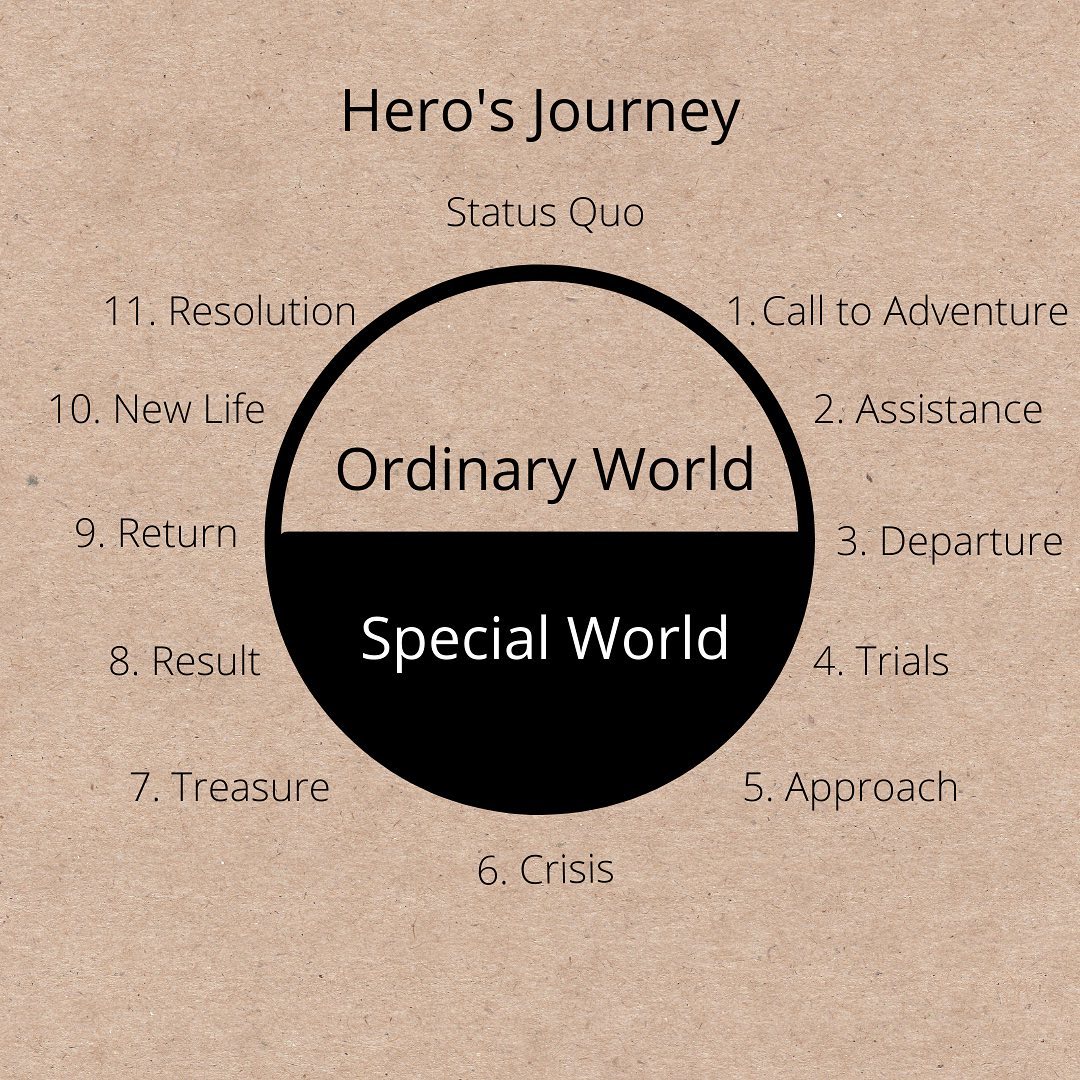
Mundane world: Every hero starts in the “mundane world.” The hero is following the status quo.
This step demonstrates that all heroes start in the same position—the normal world.
Call to adventure: The hero recognizes that there is something that is not right/ needs to be changed.
This step shows students that being a hero is a choice— it is up to the hero to accept the call and do something.
Meeting the Mentor: The hero seeks out a mentor. Mentors share their knowledge and provide the hero with direction and guidance. (Mentors do not have to be a physical person, but can also be inspired from a book, an informational online article, etc.)
This step shows students that heroes can’t achieve their goals on their own. Learning from others and asking for help is a crucial step in changing the world.
Crossing the Threshold: The hero embarks on their adventure.
This is a powerful step as it emphasizes that being a hero stems from action. If the hero decided to do nothing and not cross the threshold, there would be no change and no story.
The Path of Trials: Through the hero’s path of trials, the hero is tested.
This step teaches students to expect the Hero’s Journey to be both challenging and rewarding. They can expect to face struggles, but also to grow and learn along the way.
Return: Once the hero has completed their journey, along with positively impacting the world, they also return as a changed person with new knowledge and perspectives to share with their community.
Hero’s Journey exercise:
“The focus on heroes being those that take action for the good of others through not being a bystander has especially resonated with [10-11 year old students].”
– Rachel Sykes, Educational Psychologist in States of Guernsey
1. Teaching the Hero’s Journey through well-known tales
First introduce the Hero’s Journey through choosing a book or movie familiar to the students.
2. Connecting the Hero’s Journey to a real-life example
These can be social activists, a hero they saw on TV, a community member, etc.
3. Connecting the Hero’s Journey to students’ lives
What is something that they are passionate about that they want to change? How will they accept their call to action and cross the threshold? What are the challenges they may face?
Resources:
- To connect with the Heroic Imagination Project, find lesson plans, and more, check out the HIP website: https://www.heroicimagination.org/
- If you are interested in the youth-led, youth-targeted branch of HIP, check out the HIP Hero Club: https://www.hipheroclub.org/
- Doodles Academy connected with the Heroic Imagination Project when we were creating the curriculum for ‘Heroes Among Us’, a part of our “Outside the Lines” subscription series. You can find that curriculum, and download your own copy, here: https://doodles-academy.org/heroes-among-us/. Use cope HIP at checkout to get it free.

Zoë Huml
Zoë Huml is a Heroic Imagination Project Board Member and the founder of the HIP Hero Club, the youth-led and youth-targeted branch of HIP. During her gap year before college, Zoë is currently working as a Research Coordinator at Stanford Psychology Department’s Mind & Body Lab while also leading the HIP Hero Club.
